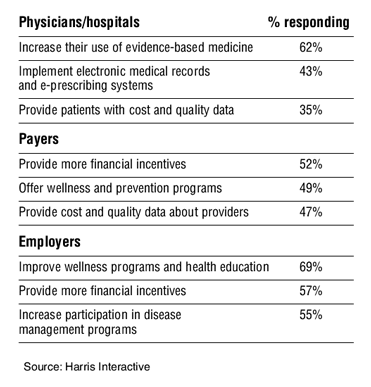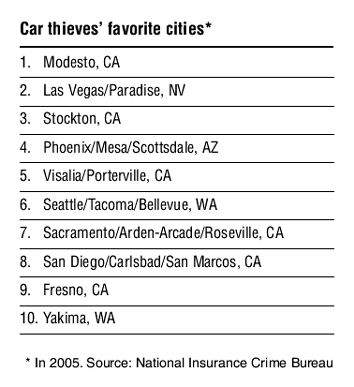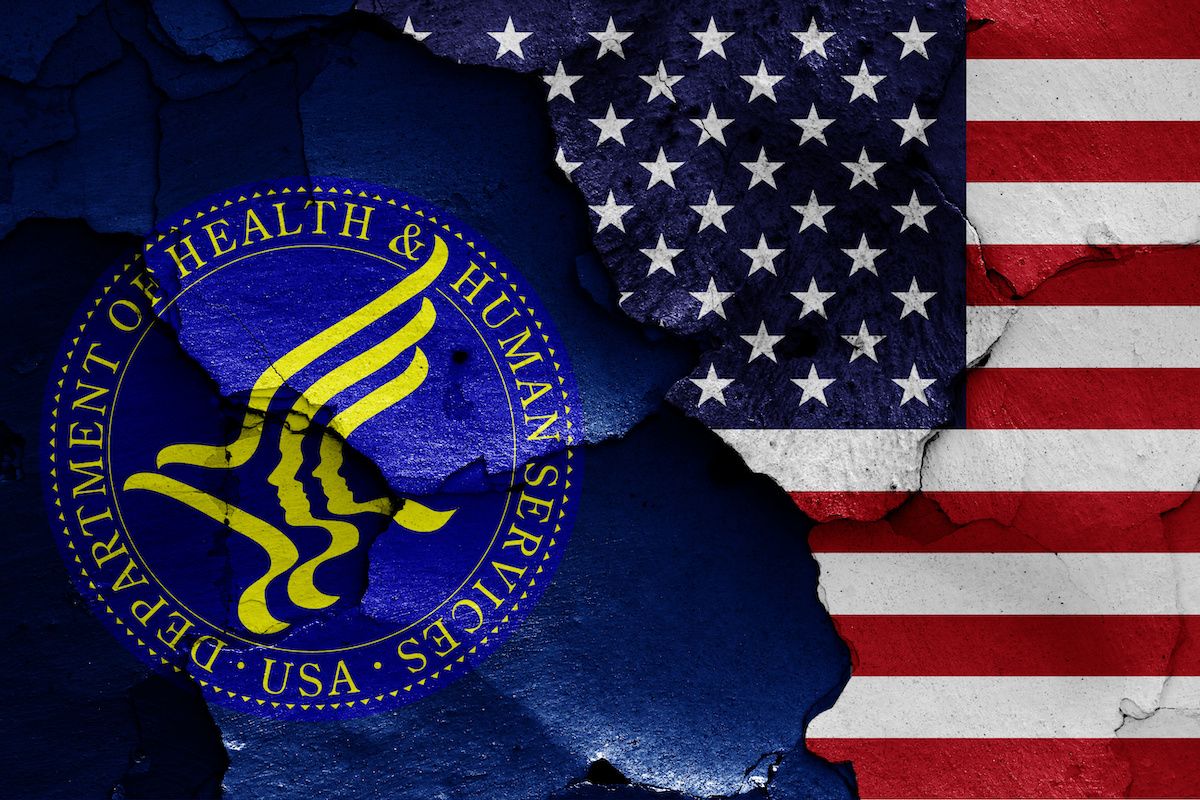Article
Online UPDATES
Are physicians easing out of managed care?
After remaining stable since the mid-1990s, the proportion of US physicians without any managed care contracts rose from 9.2 percent in 2000-2001 to 11.5 percent in 2004-2005, according to the Center for Studying Health System Change. Researchers suggest that the growth may reflect fewer privately insured patients enrolled in HMOs that don't pay for out-of-network care. Last year, for instance, more than three-quarters of patients with employer health coverage were enrolled in a PPO or point-of-service plan. Physicians without managed care contracts are more likely to have practiced for more than 20 years, work part time, lack board certification, practice solo or in two-physician groups, and live in the western United States.
Rx safety: Doctors believe older is better
Medication recalls, black-box warnings, and publicized FDA hearings have heightened physicians' concerns about medicines they've been prescribing for common afflictions, according to seven in 10 doctors polled for Medco Health Solutions, a pharmacy benefit manager. Indeed, one in three respondents believes that new or recently improved drugs are less safe than those that have been around for 10 years or moreand about two in three doctors say they would prefer prescribing an older drug. Moreover, one-fourth of respondents don't believe that generics are chemically identical to their branded counterparts, and about a fifth thinks generics are less safe and have more side effects.
E-prescribing: Is your state a trailblazer?
Ten statesand three physicians in eachwere recently recognized for outstanding leadership in the use of electronic prescribing technology. Winners of the SafeRx award were chosen based on the percentage of eligible prescriptions transmitted electronically in 2005. Top honors went to Rhode Island, followed by Nevada, Massachusetts, Maryland, Florida, Delaware, Virginia, North Carolina, Ohio, and Michigan. The award is sponsored by the National Association of Chain Drug Stores, the National Community Pharmacists Association, and SureScripts, a prescribing network that links electronic communications between physicians and pharmacies.
Healthcare's biggest challenge: Spiraling costs
Rising costs, the need for greater accountability, clinical outcome measurements, and improving the quality of care are healthcare executives' priorities, according to a survey by Harris Interactive. When asked how providers, payers, and employers could help lower costs, here's what the 134 respondents said:

Car rustlers most active in the West
The top-10 metropolitan areas with the highest stolen-car rates are all in the West, six of them in California, says the National Insurance Crime Bureau, a not-for-profit organization that partners with insurers and law enforcement agencies to fight vehicle theft and insurance fraud.






